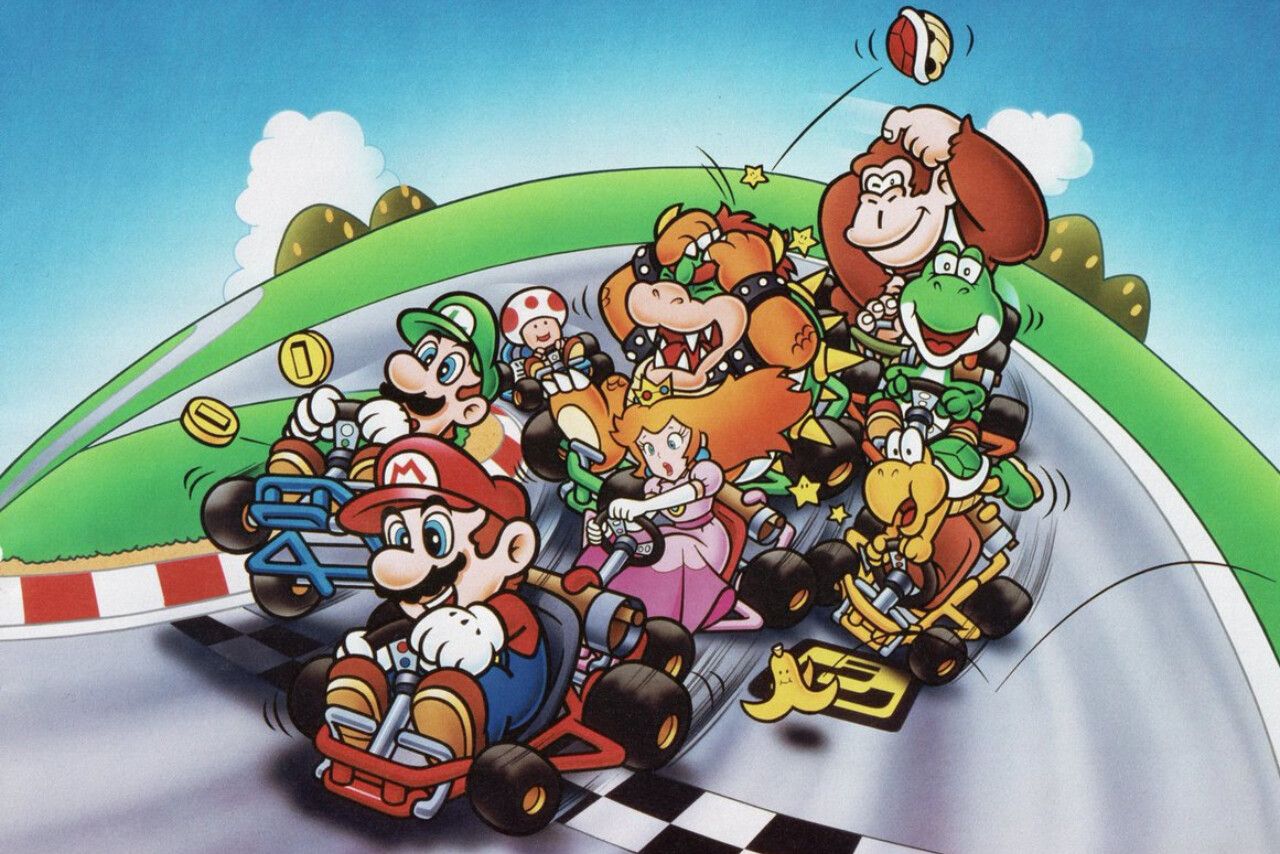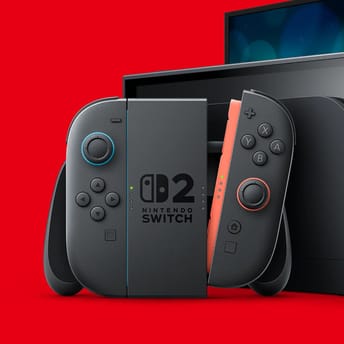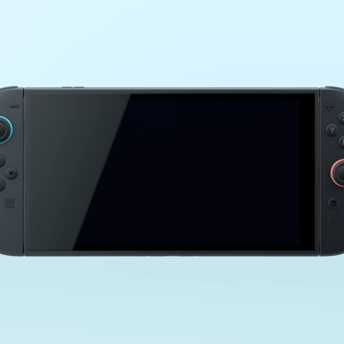Super Nintendo Consoles Suddenly Perform Better After 35 Years

|
|
Key points
- The Super Nintendo Entertainment Systems are supposedly running faster with age.
- The audio processing unit is running faster and warmer than intended.
- This may have repercussions on speed-runs for the system.
The original Super Nintendo Entertainment Systems are supposedly running faster with age. This phenomena is due to the audio processing unit running faster and warmer, which results in the sound output being slightly off pitch. Gamers are speculating that the capacitors are drying out the timing circuit, thereby shifting up the clock speeds.
As for the sample size for this speculated study, the tests were performed across 143 consoles in varied test environments. The community ran study made the following conclusion:
“Based on 143 responses, the SNES DSP rate averages 32,076 Hz, rising 8 Hz from cold to warm. Warm DSP rates go from 31,965 to 32,182 Hz, a 217 Hz range. Therefore, temperature is less significant. Why? How does it affect games? We do not know. Yet.”
Many Super Nintendo Entertainment System (SNES) titles, particularly the Mario games, remain popular today, with players competing in speedruns on the original hardware. Considering the consoles seem to run faster than they used to, the speed-runs may be impacted as well. The exact effects and nuanced details are not yet known.
The SNES originally released on September 9, 1991 – more than 30 years ago. It was an iconic system that pioneered the video game industry, serving as a new standard for home game consoles. The console sold 49.10 million units worldwide, and has since many of its titles ported onto Nintendo Switch’s Online services.












